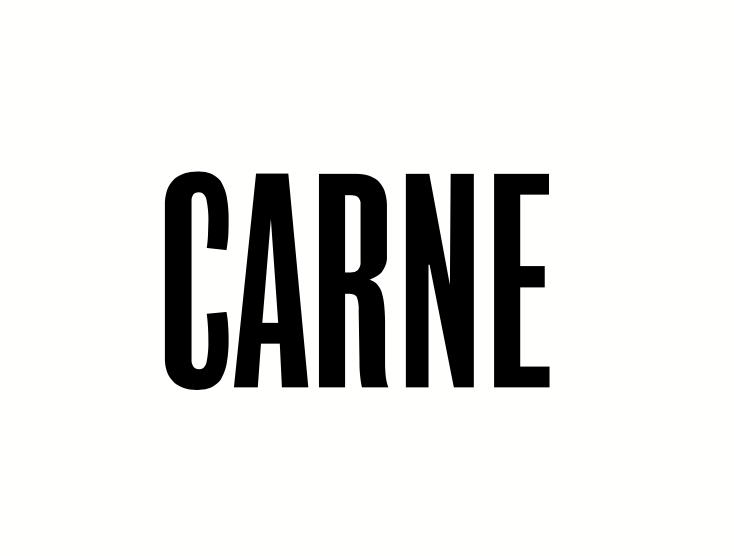

Carne Hamburguesas

Buenos Aires Province, Argentina
November 2019
Restaurants & food service
Service with Significant Environmental Footprint
Argentina
CARNE Hamburguesas is an innovative hamburger bar by Argentine chef Mauro Colagreco, who owns three Michelin stars and ranks No. 1 in the world, according to the ranking of The World's 50 Best Restaurants 2019. CARNE offers hamburgers from pasture animals, bread and artisanal cheese, organic and seasonal vegetables, and farm eggs. It works in the development of its communities supporting small local producers, encouraging the continuity of the trades, promoting sustainable food production and protecting native grasslands and biodiversity. CARNE's mission is to make a simple, simple and accessible product, with quality raw materials, prepared with haute cuisine standards and respecting the pillars of sustainable gastronomy: nutrition, food security, sustainable food production, local agricultural development and biodiversity. CARNE has shown that these pillars can be respected in a casual gastronomic option, becoming a world leader in ethical gastronomy with massive reach, motivating others to follow the same path.
Overall B Impact Score
Governance 16.7
Governance evaluates a company's overall mission, engagement around its social/environmental impact, ethics, and transparency. This section also evaluates the ability of a company to protect their mission and formally consider stakeholders in decision making through their corporate structure (e.g. benefit corporation) or corporate governing documents.
What is this? A company with an Impact Business Model is intentionally designed to create a specific positive outcome for one of its stakeholders - such as workers, community, environment, or customers.
Workers 24.1
Workers evaluates a company’s contributions to its employees’ financial security, health & safety, wellness, career development, and engagement & satisfaction. In addition, this section recognizes business models designed to benefit workers, such as companies that are at least 40% owned by non-executive employees and those that have workforce development programs to support individuals with barriers to employment.
Community 21.9
Community evaluates a company’s engagement with and impact on the communities in which it operates, hires from, and sources from. Topics include diversity, equity & inclusion, economic impact, civic engagement, charitable giving, and supply chain management. In addition, this section recognizes business models that are designed to address specific community-oriented problems, such as poverty alleviation through fair trade sourcing or distribution via microenterprises, producer cooperative models, locally focused economic development, and formal charitable giving commitments.
Environment 16.4
Environment evaluates a company’s overall environmental management practices as well as its impact on the air, climate, water, land, and biodiversity. This includes the direct impact of a company’s operations and, when applicable its supply chain and distribution channels. This section also recognizes companies with environmentally innovative production processes and those that sell products or services that have a positive environmental impact. Some examples might include products and services that create renewable energy, reduce consumption or waste, conserve land or wildlife, provide less toxic alternatives to the market, or educate people about environmental problems.
Customers 4.2
Customers evaluates a company’s stewardship of its customers through the quality of its products and services, ethical marketing, data privacy and security, and feedback channels. In addition, this section recognizes products or services that are designed to address a particular social problem for or through its customers, such as health or educational products, arts & media products, serving underserved customers/clients, and services that improve the social impact of other businesses or organizations.